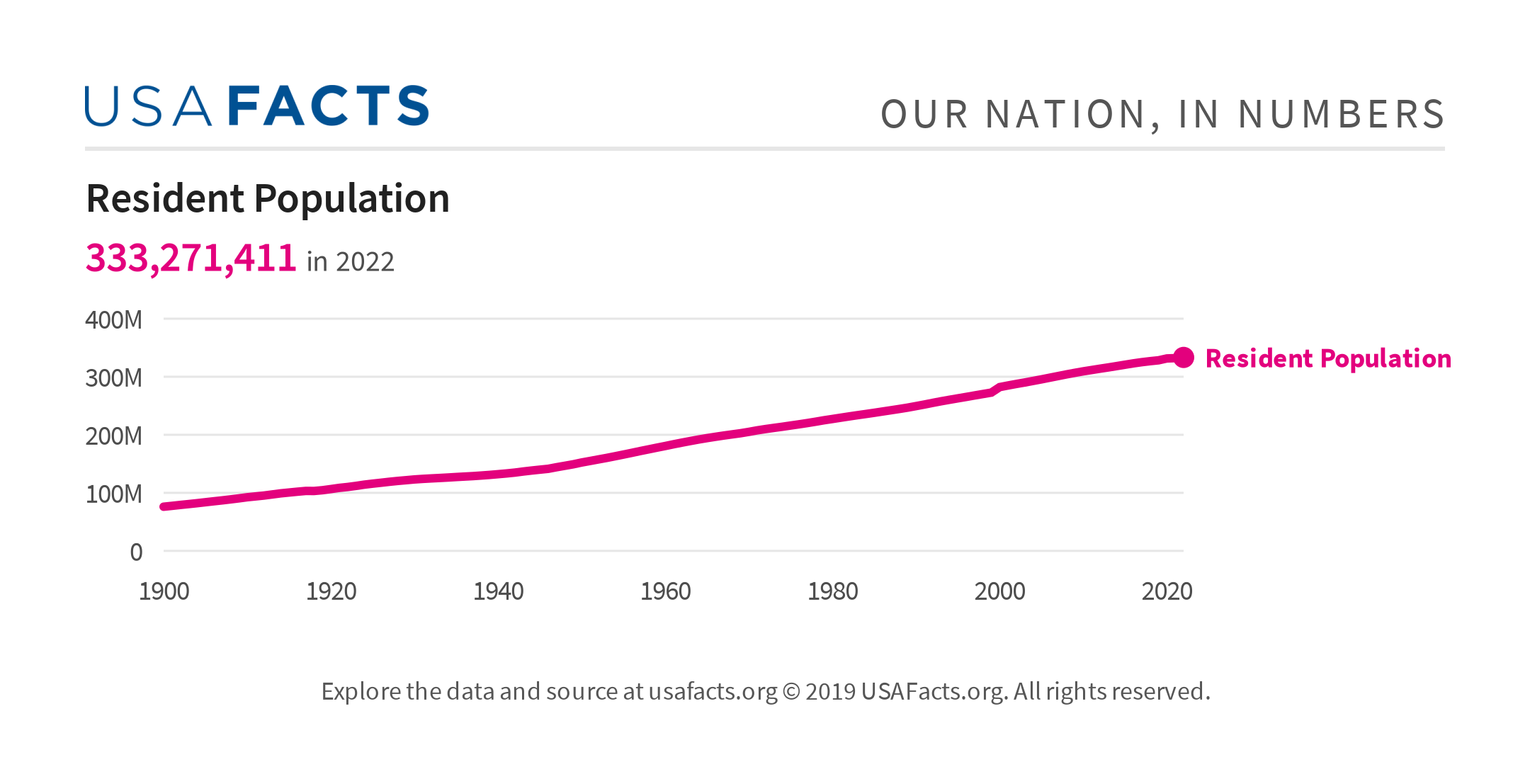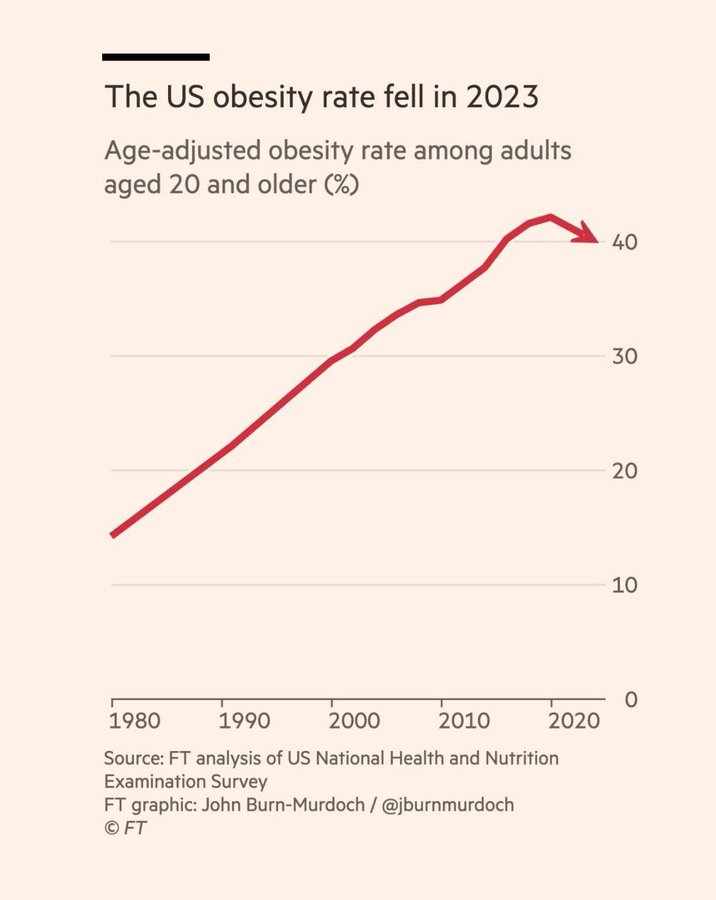Creating markets for @ScottAlexander's predictions here: https://astralcodexten.substack.com/p/semaglutidonomics
(all predictions are conditional on no singularity or global catastrophe)
People are also trading
Researchers have projected that by 2035 more than half of the world population will be overweight. In the U.S., severe obesity — classified in this case as a BMI 35 or greater — is currently projected at 20% of the population, and expected to rise to 36% by 2035, if current trends continue (Belluz 2023).
https://www.cnn.com/2023/03/03/world/world-obesity-2023-wellness-intl-scli/index.html
I bet "NO" because the estimated obesity rate of 18% in 2050 is more than half of the current obesity rate of 33.9%.
The obesity rate in the US has been on the rise in recent years, I examined how the obesity rate will change in the future with the launch of the anti-obesity drug Wegovy🄬 in 2021. Based on the obese population, Wegovy🄬 prescription rate, and cure rate in clinical trials, the obesity rate in the US in 2050 is 18%, which is more than half of the 33.9% in 2023.
A limitation is that I do not take into account factors other drugs that will be marketed in the future or other factors that affect body shape (e.g., dietary, income, etc.).

resource:
・Nature Medicine | Volume 28 | October 2022 | 2083–2091, Two-year effects of semaglutide in adults with overweight or obesity: the STEP 5 trial
・Retrieved by 10.18.2023, USA facts, Population, https://usafacts.org/data/topics/people-society/population-and-demographics/population-data/population/
・Retrieved by 10.18.2023, Centers of Disease Control and Prevention, Nutrition, Physical Activity, and Obesity: Data, Trends and Maps, https://www.cdc.gov/nccdphp/dnpao/data-trends-maps/index.html
・Retrieved by 10.18.2023, CNN Health, CNN Exclusive: Prescriptions for popular diabetes and weight-loss drugs soared, but access is limited for some patients, https://www.cnn.com/2023/09/27/health/semaglutide-equitable-access/index.html

@9fc3 The prospect of the United States reducing its obesity rate to half or less by 2050 appears unlikely. Current trends and projections suggest otherwise. As of now, close to half of the U.S. population is projected to have obesity by 2030 . Even in a best-case scenario, where certain factors improve, over 40% of the American population could still be obese by 2050. These projections, based on current data and trends, show a continuous rise in obesity rates, making the target of reducing it to half or less by 2050 highly improbable. The realistic answer is to estimate that even if by some chance an innovative idea is born, the likelihood is quite low, and the answer is no.
Obesity is a reality that have existed by generations, going through multiple different changes of the environment that affect directly to the weight gain on people. “Obesity predisposes people to a kind of insulin resistance that is the base of a whole nexus of diseases and impels disease progression forward,” says Dr. Garvey in a Forbs Health report on 2022. In 2022 in US West Virginia was the highest obesity rate with a 40.3% and even when some states decrees the rate by 2.7%, other states it grow 5.2% so in average for US it is still a growing. The number obese people in the world have almost triple since 1980’s, according to Bloomberg and the Lancet medical journal. For 2050 the adults will be the generation that today is at school. Dealing with an amount of sugar and additives that none of the other generations had, it definitely creates a very strong precedent for them to become obese in their adult lives. Even though the notion and knowledge in the scientific area has become much more introspective, I consider that even in a generation later the percentages of obesity will not decrease until we realize that the consequences of ignorance on the subject are much greater than the investment necessary to reduce the percentages as a society.
In an arms race between cheap ubiquitous processed-food superstimuli and expensive prescription-only appetite-suppressant drugs, I'm betting on the former having sufficiently higher market penetration that the obesity rate won't fall by half.




